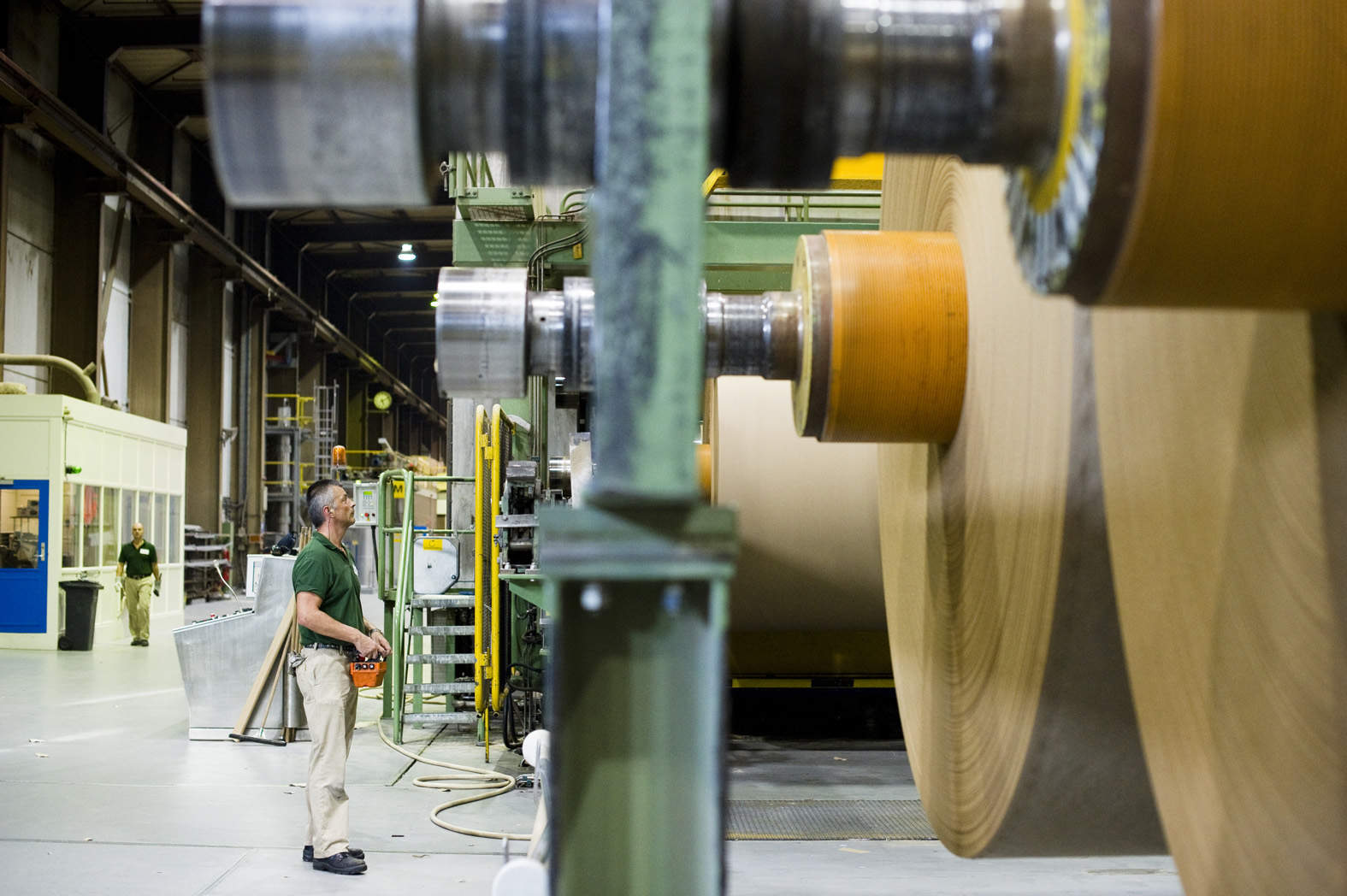The Venezuelan government has temporarily taken over the paper packaging manufacturer Smurfit Kappa Group’s subsidiary, Smurfit Kappa Carton de Venezuela (SKCV) in Valencia, and arrested two of its managers after complaints about prices being charged by the company for its products.

Image: Smurfit Kappa’s container board manufacture. Photo: Courtesy of Smurfit Kappa Group.
Price control agency Sundde said that the authorities arrested two managers of the Irish company, which has been operating in the South American country since 1986, for alleged price speculation, boycotting, destabilizing the economy, and smuggling.
The government said that the company was ordered to begin price adjustments immediately for all its products after several members of the workforce had submitted multiple complaints.
Accusing Smurfit Kappa of abusing its dominant market position by refusing to sell to some local businesses, Sundde said that the company’s Carabobo site, which produces cardboard, affected national producers due to its prices.
Meanwhile, the group refuted the allegations, saying that they lack merit and that it is committed to the economically-stricken country, which is witnessing economic freefall and recording hyperinflation. Prices have doubled every four weeks so far in 2018, forcing many of the citizens to go hungry or flee the country.
In a statement, Smurfit Kappa said: “Following two days of inspections by the Venezuelan government at the group’s subsidiary, Smurfit Kappa Carton de Venezuela (SKCV), a number of allegations have been made against SKCV. The group entirely refutes these allegations and believes them to be without merit.
“The group has operated in Venezuela since 1986 to the highest business and ethical standards. Smurfit Kappa will continue to monitor the situation closely.”
It said that the South American unit, which employs about 1,900 people, represented less than 1% of the group’s earnings before interest, tax, depreciation and amortization (EBITDA) in the first six months of 2018, and that its shipments from this plant decline by 18% during this period.
Sources also rejected reports of claims from union officials that the company gave employees paid holidays in July instead of keeping them at work.
The government has recently devalued the bolívar by 95% to curb hyperinflation of annual rate of 80,000%. The International Monetary Fund has predicted the hyperinflation to touch one million percent before the end of 2018.
